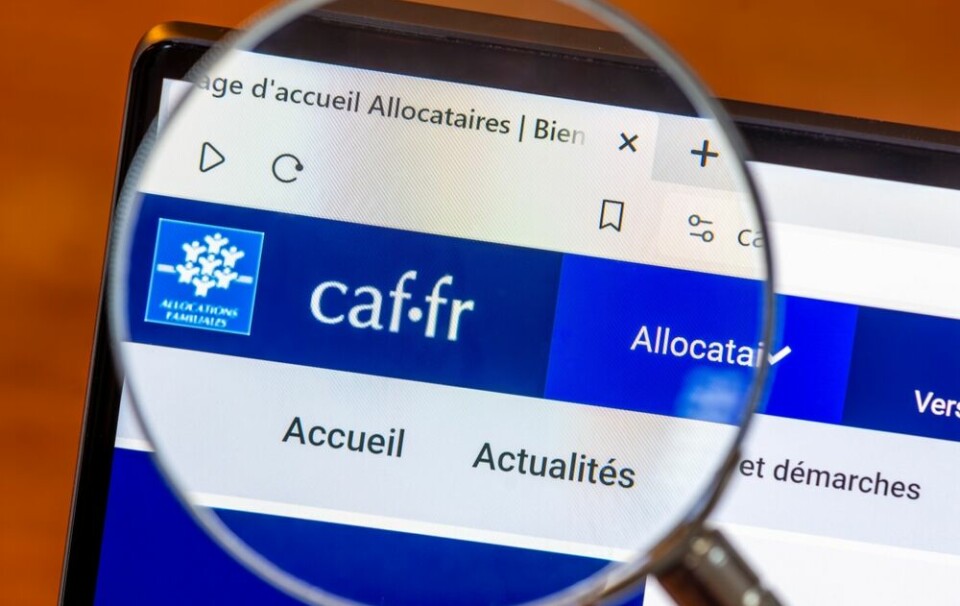-
Photos: Northern Lights dazzle Normandy skies
Coloured hues were also snapped in some areas of Brittany, with activity peaking before midnight
-
Three ways to make bank transfers in France despite Easter pause
Traditional payments are unavailable over four-day period
-
Easter traditions across France: From rattles and hooded processions to giant omelettes
Regional Pâques celebrations highlight France’s cultural diversity
Macron: €750 billion EU Covid kickstart plan is ‘historic’
French President Emmanuel Macron has called the EU’s new €750 billion plan to kickstart the economy after the Covid-19 crisis “the most important moment for Europe since the creation of the euro”.

Mr Macron spoke on TV channel TF1 at 20h on Tuesday July 21, about the historic agreement, which came into effect overnight from July 21-22.
He said: “I want our citizens to acknowledge what happened over these four days and four nights. This is the fruit of historic work over three years between France and Germany...It is the most important moment for Europe since the creation of the euro.
“It is the fruit of our work, and we can be proud of it.”
President of the European Council, Charles Michel, simply tweeted at 5h31: “Deal!”.
Deal!
— António Costa (@eucopresident) July 21, 2020
€750 billion plan
The plan, which was agreed by all EU states, will unblock €750 billion to help EU member states to recover their economy following the Covid-19 crisis. This includes €390 billion in grants allocated to states that have been hit the hardest. These grants will be reimbursed by the 27 nation states.
70% of the grants will be allocated in 2021-22. The 30% remaining will be allocated in 2023, taking into account losses as a direct result of Covid.
Another €390 billion will be given in loans, which will be paid back by the recipient countries individually.
Plan for France
President Macron said: “We [France] will see €40 billion in this plan. We are going to construct our kickstart plan with the will to finance youth employment, our small and medium-size businesses, artisans, shopkeepers, tourism, and thermal renovation of our buildings.
“What we have voted for will touch the lives of our citizens. Our negotiations have allowed us to protect farmers’ revenue for seven years. This budget will also allow us to finance our regions, especially our more remote coastal regions.”
French economy minister Bruno Le Maire told news service FranceInfo: “We are going to be able to start spending money as early as 2020, for example on the energy renovation of buildings [and] on the hydrogen plan, which can be financed by this European money.
"The French state will pay immediately for 2020, but from 2021, the European Union will reimburse us.”
A ‘historic change’
President Macron and German Chancellor Angela Merkel both welcomed the agreement.
Mr Macron called it a “historic change for our Europe and the eurozone”, and a “major step that has been taken”, while Ms Merkel said she was “very relieved” to have come to an agreement after difficult negotiations. It proves that Europeans can “still work together”, she said.
Jour historique pour l’Europe !
— Emmanuel Macron (@EmmanuelMacron) July 21, 2020
Negotiations with ‘frugal’ countries
The creation of “communal” debt across all EU states is a first for the bloc. It is based on a Franco-German proposal, but saw much opposition from the so-called “frugal” countries, including the Netherlands, Austria, Denmark, and Sweden.
To overcome this, Council president Mr Michel reduced the grant amount from the originally-proposed €500 billion to the current amount of €390 billion.
Related stories
Macron’s July 14 interview: masks, racism and 3D printing
Post-Covid-19 recovery: new apprenticeship grants announced
UK’s handling of Covid makes Macron’s work look genius
Stay informed:
Sign up to our free weekly e-newsletter
Subscribe to access all our online articles and receive our printed monthly newspaper The Connexion at your home. News analysis, features and practical help for English-speakers in France
























